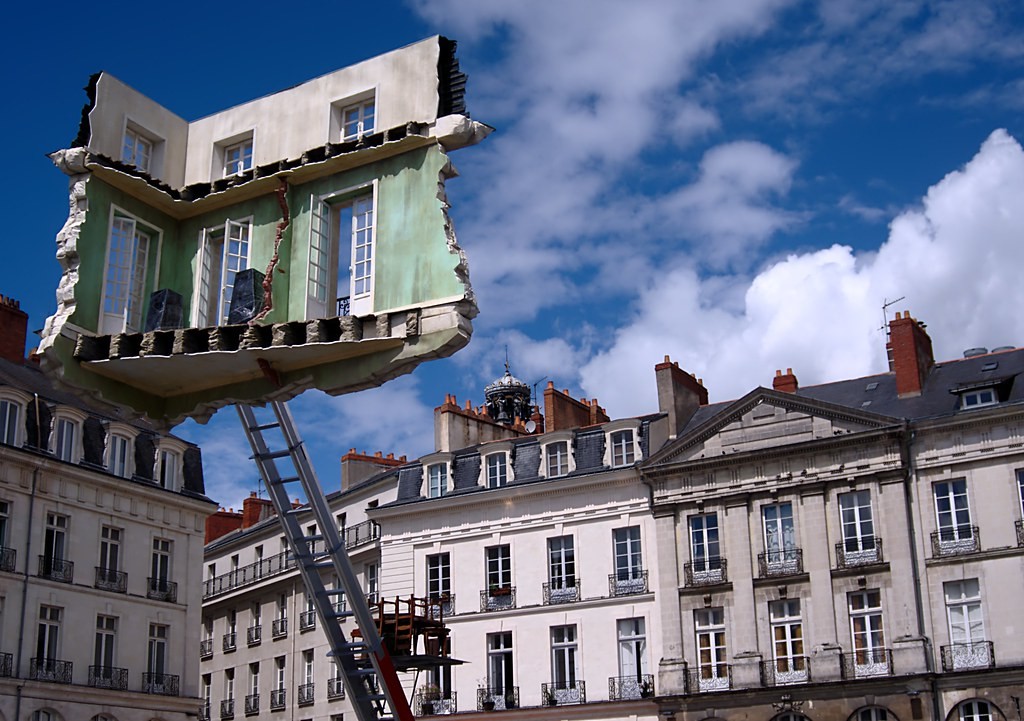Policy Statement on the Cultural Recovery of Europe
Following the European Parliament CULT Committee’s meeting with the German Presidency of the Council of the EU on the 1st of September and in the run up to the vote on the Parliament's resolution on “Cultural recovery of Europe”, we call on the European institutions and the Member States to pay attention to the following issues.

1. Pan-European collaboration
As in many Member States, the internationalisation budgets (touring, mobility grants, co-production funds, etc.) have been cut, frozen or transformed into hardship funds, it is vital to create and maintain opportunities for pan-European cultural collaboration. Localisation of culture and the lack of trans-border connections, both peer-to-peer and with audiences, will have a detrimental impact on professionalisation of the sector, as well as the feeling of unity, shared values and identity among the European citizens. Therefore, the budget of the Creative Europe programme, as the only programme directly supporting the European collaboration in culture, must be doubled, and the MFF 2021-2027 must be swiftly adopted to ensure the funding reaches beneficiaries in a due time.
2. Fair support allocation
Support measures deployed by the Member States and the European Institutions should maintain a fair balance among artists and institutions, large, small and micro-players, as well as various cultural occupations. Considering that around 95% of cultural actors are micro-organisations (employing less than 10 people), a special focus should be placed on rescuing micro-players, the disappearance of which would undermine the vitality, vibrancy and innovation of the European cultural scene and result in millions of evaporated jobs. Moreover, as a healthy CCS ecosystem requires a wide range of professionals, it is imperative to maintain a fair distribution of support across the entire creative value chain and prevent a talent drain in the sector.
3. Freedom of expression
As confinement measures have ceased artistic production and presentation, the capability of the artistic communities across the whole world to stimulate and feed critical reflection and socio-political engagements and debates have been drastically reduced. On the top of that, in some of the Member States, the most critical and independent artistic voices have been deprived of emergency support and excluded from the long-term recovery plans. Therefore, the freedom of artistic expression must be high on the EU’s agenda, and it should be a priority and a guiding value of the future Creative Europe programme.
4. Sustainable recovery
CCSs are among the most innovative and engaged promoters of the sustainable transition of our societies and economies; at the same time, the carbon footprint of the cultural ecosystem itself remains high, as well as the economic and social pressure on artists and creative workers. The current COVID-19 crisis has stimulated the reflection within the sector on innovative and sustainable ways of cultural production, presentation, touring of art works and mobility of cultural workers, as well as meaningful ways of building relations with audiences and engaging with communities. The European Institutions and the Member States should seize the current momentum for a sustainable transformation of the CCS ecosystem, adjusting their funding programmes in line with this ambition. Such adjustments should happen in close consultation with the wide range of stakeholders within the CCS’s.
5. EU Framework for working conditions of artists and creative workers
The measures, taken by European national governments to mitigate the impact of the covid-related social distancing on the cultural sector, have been varying widely from country to country. Moreover, some Member States have no or insufficient legislative basis on the status of artists and various aspects of artists’ working conditions. This deepens the existing gaps between cultural communities across the EU and can hinder the pan-European cultural collaboration in the future. Therefore, the European institutions should launch a European Framework for working conditions of artists and creative workers, providing a set of principles and recommendations, which would trigger legislative and non-legislative activity at the Member States level, on most crucial issues related to socio-economic conditions of artists, such as contracts, taxes, wages, social benefits, mobility issues, and many more. Such a framework would be based on the recognition of the atypical nature of artists’ work and the acknowledgement that their situation requires improvement.
6. Funding for innovation, research and development
The future Creative Europe programme should provide support to cultural organisations and professionals in order to help them use the current crisis for innovating their working models and artistic practices. These may relate to environmental sustainability (in relation to artistic creation, presentation, touring, digital footprint), fair collaboration practices, new business models, alternative ways of connecting with audiences, reopening strategies, adapting work processes to new reality and more. Artistic research is rarely being rewarded, while it is imperative for innovating the sector, enhancing its social relevance, and reinforcing its sustainability. Such research grants would not only help art professionals to be rewarded for truly relevant activity in these challenging times, but would also ensure that the sector emerges from the crisis strong and prepared for the post-covid reality.
